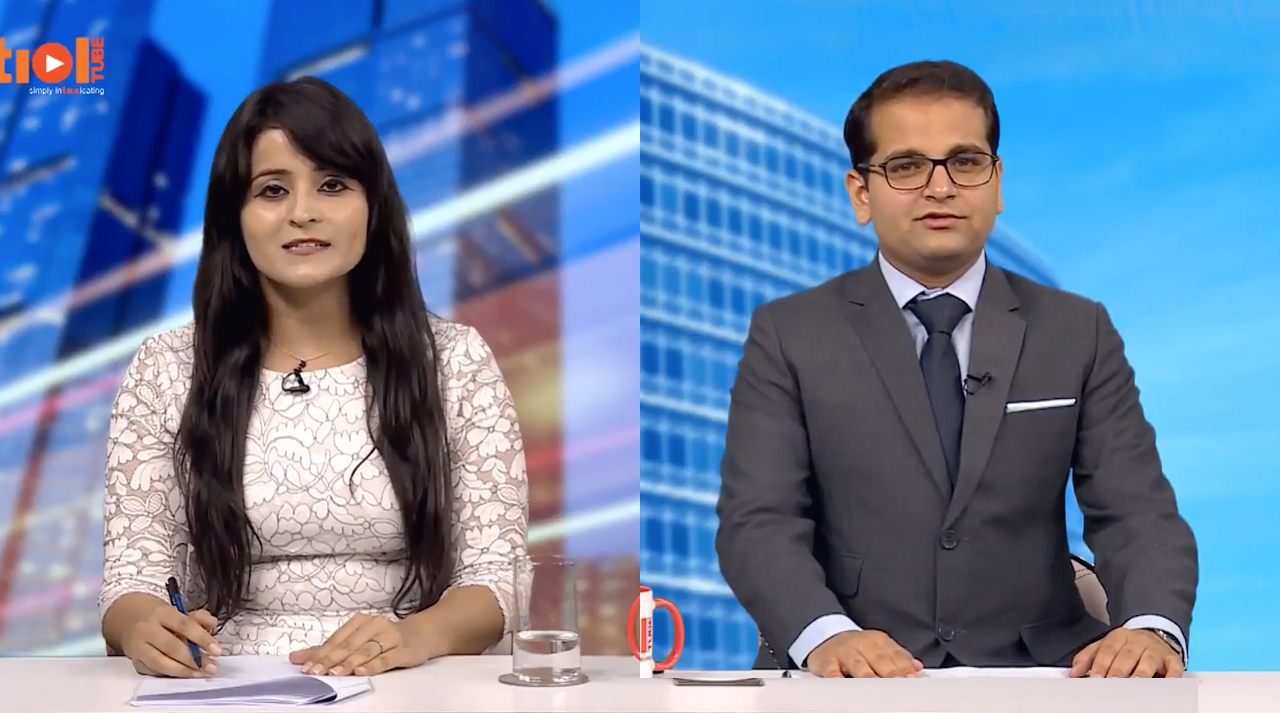
| 2017-TII-INSTANT-ALL-460 | 04 May 2017 |
 |
|
CASE LAWS CIT Vs MITSUBISHI MOTORS CORPORATION: SUPREME COURT OF INDIA (Dated: May 1, 2017) Income Tax - Sections 48 & 112(1) Keywords - exchange rate fluctuations - long term capital gains The assessee company was incorporated under the laws of Japan and is engaged in the business of development, design, manufacture, assembly, sales and purchase, importing and other transactions relating to automobiles and its component parts. During the subject year, the assessee sold shares of Eicher Motors Ltd. in a buy back arrangement resulting in long term capital gains. The assessee offered these to tax under the head "Capital gains" in terms of the proviso to Section 112(1). The AO however turned down the assessee's claim and imposed a higher rate of tax @ 20%. On appeal, the DRP held that the ruling of this Court in Cairn UK Holdings Ltd. v. Director of Income-tax was applicable and accordingly reduced the assessee's liability by applying the proviso to Section 112(1) of the Act. When the matter reached the High Court, it was held that the assessee could not be barred from claiming benefit u/s 112(1) merly because it had already derived benefit from foreign exchange fluctuations. Having heard the parties, the Supreme Court grants leave to the Revenue to defend their case against Mitsubishi Motors Corporation on the issue of allowability of benefits u/s 112(1) in case of already derived benefit from foreign exchange fluctuations. Leave granted
PR CIT Vs CPA GLOBAL SERVICES PVT LTD: DELHI HIGH COURT (Dated: May 03, 2017) Income Tax - legal support service - memorandum of appeal - perverse - spare capacity. The Assessee is a wholly-owned subsidiary of CPA Mauritius Ltd. which in turn is a subsidiary of CPA Jersey. It offers a comprehensive range of legal support services to its AEs as well as to independent third party customers. During the AY in consideration, the Assessee received from its AEs Rs. 13,67,95,724/- as 'cost recharge on account of spare capacity'. The Assessee did not route this amount to its profit and loss account as it was only a reimbursement. The stand of the TPO, on the other hand, was that the Assessee had not placed any evidence in support of the claim that the expenditure was towards maintenance of spare capacity at the instance of the AEs. The DRP held that the ALP of the receipts from the AEs should include all the costs and that the Assessee did not give sufficient reasons for excluding certain costs for the purposes of computing the ALP. Upon appeal, the Tribunal directed TPO to exclude the aforementioned reimbursement costs while working out the operating costs. Having heard the parties, the High Court held that, Whether a general plea that the impugned order is bad in law can be sustained when the party fails to plead with specificity in the memorandum of appeal as to the manner in which such perversity is caused and no relevant document is submitted for the same - NO: HC + with regard to Revenue's plea that Tribunal has not examined the decision in Commissioner of Income Tax-I v. Cushman and Wakefield (India) (P.) Ltd. the Court finds, that the said case was an instance of reimbursement by the Indian entity i.e., the Assessee of the costs incurred by the AE whereas the situation in the present case is the converse. Secondly, in the said case there was no categorisation of the reimbursement costs as cost of infrastructure and cost of services on which there was a mark-up. Ultimately, each case will have to turn on the peculiar facts considering the clauses of the agreement and the arrangement between the Indian entity and its AE. In the present case, after the examination of the agreement the Tribunal came to a definite factual conclusion as regards reimbursement of the infrastructure costs of the Assessee by the AE without any mark up. Revenue contended that the impugned order was perverse. When asked to point out if there is any pleading in the memorandum of appeal to the above effect, assessee referred to a general plea that the impugned order of the ITAT "is perverse and bad in law as it failed to consider the reasons provided for in the orders of TPO which were upheld by DRP while deciding the case." In this regard it was held that the ground of perversity ought not to be casually pleaded. It requires a detailed study of the entire record by the assessee. It would have to plead with specificity in the memorandum of appeal in what manner there is perversity in the factual finding by the ITAT supported by the relevant document. Unless there is a specific plea to the effect that the said factual finding is perverse, the Court cannot, at the instance of a general plea of perversity, entertain such a ground of appeal by the Revenue. Revenue's appeal dimissed |
Thanking you for your support and cooperation. Regards, TIOL HOUSE, 490, Udyog Vihar, Phase - V |
